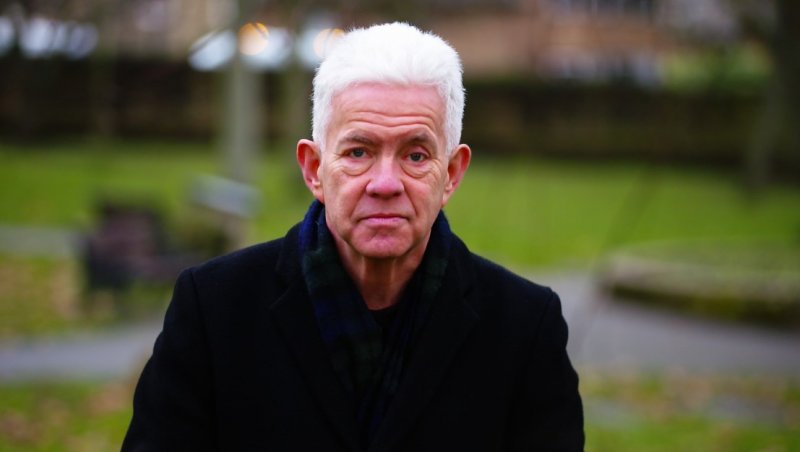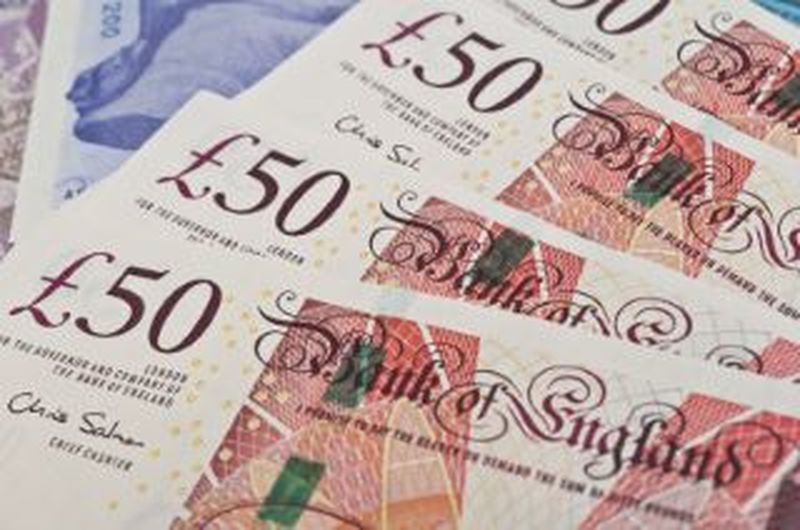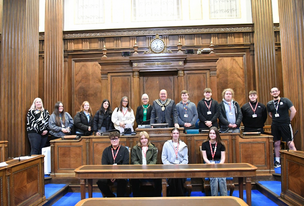A DECISION to hike council tax by 3.5 per cent - in order to save millions - has been defended by local authority bosses.
The rise equates to an extra £55.51 per year for ‘Band D’ properties, which is made up of a two per cent rise to pay for adult social care services, and a 1.5 per cent rise for council services such as road maintenance, bin collections, recycling and libraries.
Annually, council tax on a Band D property will rise from £1,586.04, to £1,641.55.
Households on the lowest incomes - about 15,000 across the borough - will continue to receive additional council tax support of £125 and will see no increase to their council tax bill.
Leader of the council Sir Steve Houghton said the authority is in a ‘strong financial position’ - despite facing ‘considerable financial uncertainty’.
The authority’s budget, which sets out how the council will raise and spend its cash over the financial year, was discussed by cabinet on Wednesday and is set to be formally approved at full council on February 24.
The budget report, compiled by the council’s service director of finance Neil Copley, reveals council services are facing ‘upward pressure’ due to inflation and supply chain issues relating to energy, fuel, food and construction costs.
Covid is expected to ‘continue to have an impact on the council’s finances’, affecting income and tax collection, while causing an increased demand for services.
Mr Copley warns that balancing this year’s budget is based upon ‘several budget reduction and efficiency measures’, with savings totalling £5.7m forecast for the next two years.
Sir Steve said: “Financially we’re not in a bad position at all compared to other local authorities up and down the country, because we’ve managed Covid extremely well. In a fiscal sense the council tax rise will be a brilliant thing, but I am sorry that it has to be increased.
“I take no pleasure in rising it.
“No-one wants to see the rise but at the same time it will bring funds in to improving other areas and so the benefit to residents should outweigh the cost.
“We present this budget after another year of uncertainty.
“It’s been a year where we’ve continued to support our borough’s response to the pandemic while striving to provide Barnsley with a strong future.
“I’m not sure how many other local authorities can say that they have a balanced budget for this year and next.
“It’s a great achievement, a testament to our staff and a position that I’m sure other councils are envious of.
“Our vision is to make Barnsley the place of possibilities, a place that fosters and grows ambition across our communities, and we’re absolutely focused on bringing this to life.
“Our budget proposes to boost investment for people and their places in our ‘Principal Towns’ and local centres, creating opportunities for new jobs and better homes, while supporting the people who need our help the most.
“However, we’re still faced with considerable financial uncertainty and many risks and challenges ahead due to labour supply issues, inflation, government funding and levelling up plans, and moving forward from the pandemic, which puts significant pressure on our resources and increased demand on frontline services.
“Our budget proposals are well-planned and researched, and we remain vigilant, preparing for every financial scenario and managing our resources with a long-term future in mind.”
The council has received £95m in government funding - consisting of £77m for core services, including £4m one-off funding, and £18m for adult social care services.
Demand and costs of children and adult social care, school transport and waste services ‘significantly increased’ during the last financial year - which are ‘likely to get worse before they begin to level out’.
The report added: “The pandemic and other emerging risks are placing significant financial strain on the council.
“However, the pandemic and other inflationary issues are also impacting households across the borough.
“It should be noted that the final overall council tax increase for properties will depend on the precepts levied by the police and fire authorities. These are currently being finalised by the respective authorities.
“Each per cent increase in Band D council tax generates additional income of approximately £1.056m, per annum, recurrently.”



























